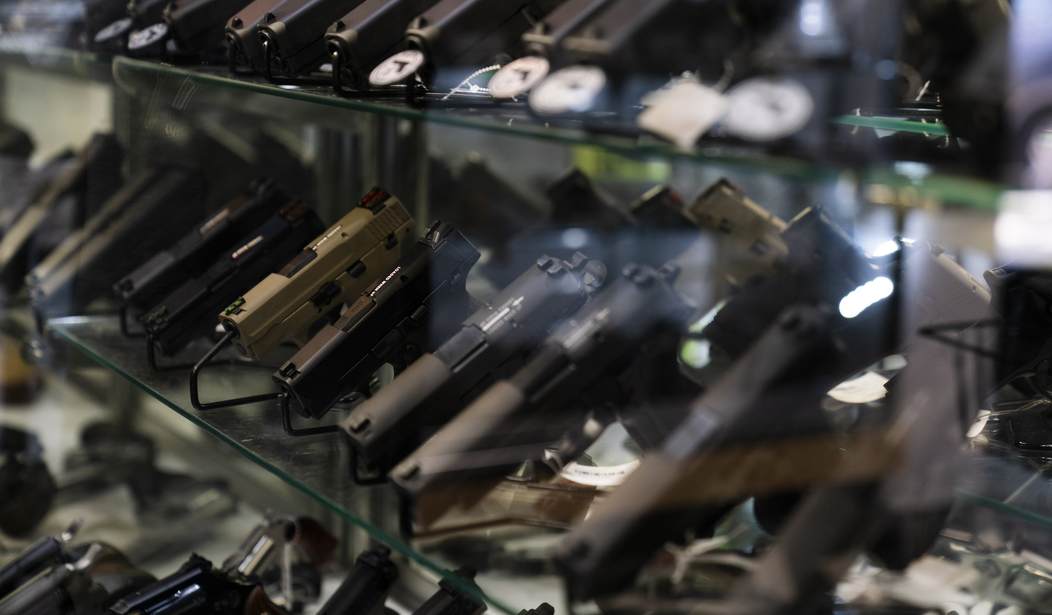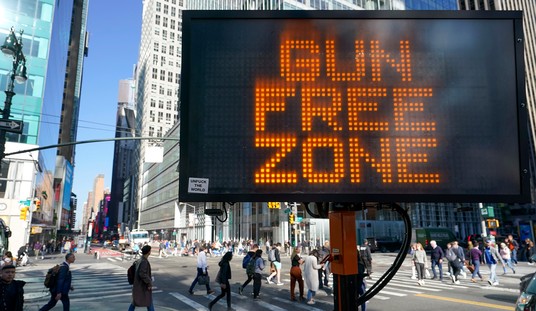How many times do you see someone talking about how the US has had 400 or more mass shootings as the reason we need gun control? I know I've seen it more times than I care to count. It's a recurring thing, especially among anti-gun activists and politicians, with the media repeating the numbers regularly.
Now, we all know there's been nowhere near as many mass shootings. We'd have heard about them. We know because plenty of shootings with only three or four deaths make national headlines, so if that were that common, when would the media have time to report anything else?
The issue lies in the definition.
Words and terms have meanings, but unless everyone is using the same terms for the same thing, we get confusion. The media has largely avoided asking too many questions about definitions, but at least one outlet did just that. (But don't get too excited.)
Just this year, Florida has accounted for 27 shootings out of 446 in the U.S., according to Gun Violence Archive.
Digging deeper into the divide of gun control, Americans can’t even settle on what really defines a mass shooting.
...
Numerous organizations define mass shootings in different ways. The majority rules that a shooting is considered mass when at least four people are killed — excluding the shooter — in an unisolated, public setting within one event, but some have made certain exceptions to broaden the definition.
Federal Bureau of Investigation: The FBI states that “mass murder” occurs when four or more victims are murdered at the same time and place. This definition excludes cases where family members are killed by suspects unless it is accompanied by the killing of a large number of the public. If the killing were to take place in two different locations by the same suspect, the number of deaths would be counted separately.
U.S. Congress: According to H.R. 2076 - Investigative Assistance for Violent Crimes Act of 2012, a mass killing is defined by the death of three or more people in a single public incident. A mass shooting increases the required number of deaths. The Congressional Research Service states that four or more victims must die by firearm at the same place and time in a public setting.
Associated Press: AP’s website says that researchers most commonly use the definition of a mass shooting where four or more people must be killed in a public place, within a 24-hour period. This excludes domestic violence, in-home shootings and gang-related violence.
Gun Violence Archive: GVA’s methodology for tracking mass shootings does not require death for an incident to be mass. Whether a victim is injured or killed, at least four victims must be shot to meet the minimum requirements.
U.S. Department of Justice: The Office for Victims of Crimes breaks down mass violence to the psychological level, stating that the incident must be intentional and cause physical, emotional or psychological harm to a large group of people.
They then ask how that impacts mass shooting data, which is fine, but then they go on to continue looking at Gun Violence Archive numbers, thus missing the plot entirely.
See, the issue with GVA's definition is that it includes incidents where two groups of criminals shoot at each other. So long as four people are hit, that's a "mass shooting."
But there are profound differences between gang warfare and something like Uvalde.
Gangs aren't buying guns lawfully, for one thing, which means existing gun control laws prohibit them from having guns and it's still not stopping them from getting them. New laws wouldn't likely do much to stop them, either.
Yet by counting them as mass shootings, people become far more alarmed about these things happening. They're terrified that they'll be in the middle of one anytime they go out. They think there are hundreds of them each and every year, and that the odds are good that they'll be the victim of one sooner or later.
They're not.
But definitions matter, and the Gun Violence Archive is trusting that most people won't actually understand the difference so they can scare people into supporting anti-gun initiatives in the name of combatting "mass shootings" when most of what they count would happen no matter what laws are in place.
I'm glad to see someone ask the questions. I just wish they'd followed through just a bit more and accept that what they'd been using was horribly flawed.








Join the conversation as a VIP Member